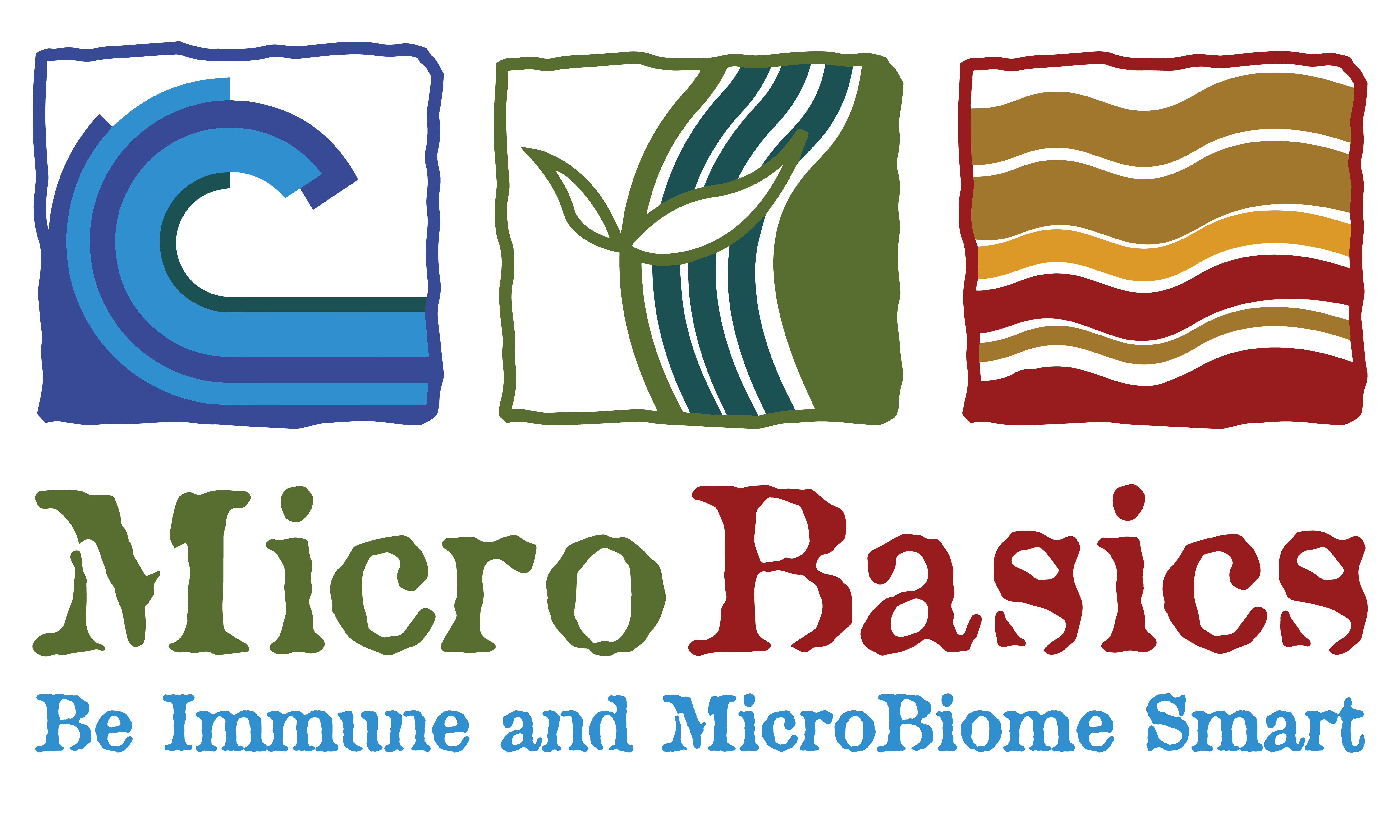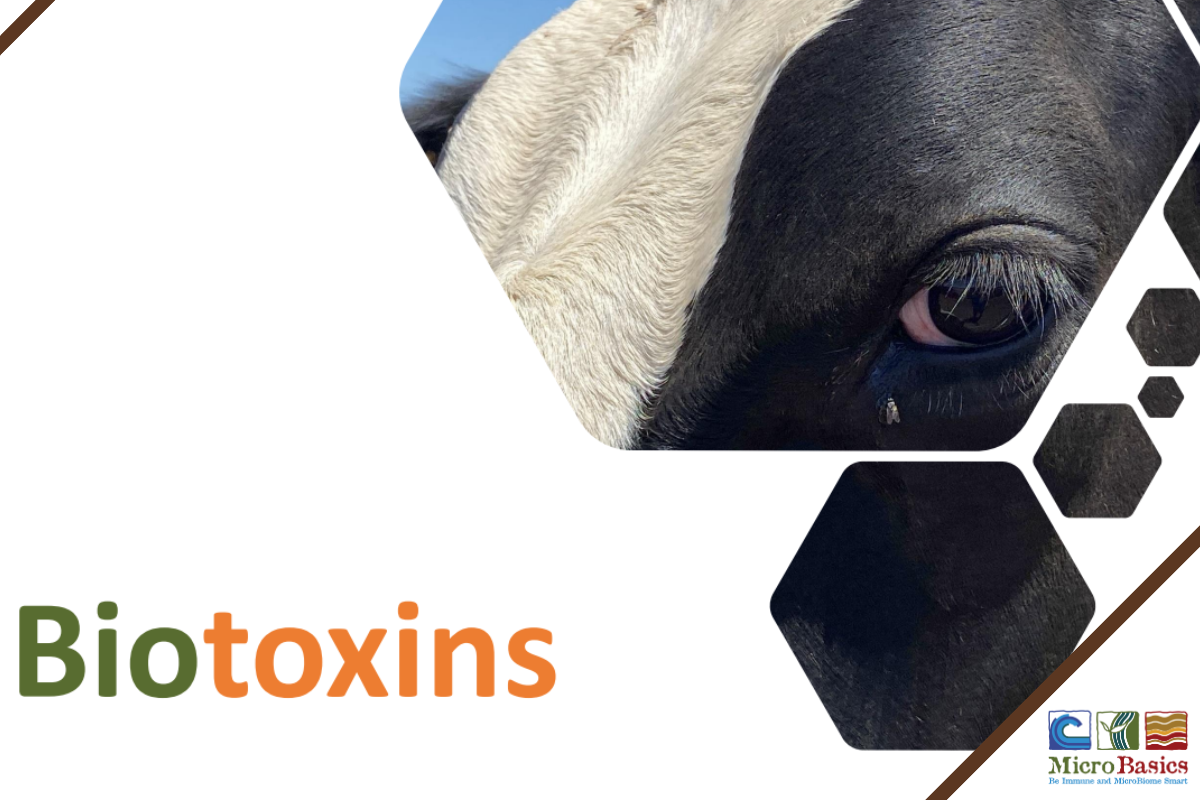What are biotoxins?
Biotoxins are toxic substances that are a threat to human and animal health.
Several key biotoxins are relevant in the livestock industry:
Endotoxins: Also called lipopolysaccharides (LPS), are components of the outer membrane of all gram-negative bacteria. LPS are released upon death of the pathogenic bacteria and can induce an inflammatory response.
Endotoxins are always present in the rumen to some extent. At higher levels they can compromise the integrity of the gut wall and impact animal health. The damage done to the gut wall may increase the uptake of mycotoxins.
Mycotoxins: Toxic compounds produced by fungi. Mycotoxins wreak havoc on the gut microbiome, suppress immune function, reduce feed intake, reduce nutrient absorption, and impair metabolism. Both endotoxin and mycotoxins can trigger inflammatory and immunosuppressive effects, and both toxin types cause liver damage.
Aflatoxins: Toxins produced by certain fungi found on agricultural crops. Aflatoxin-producing fungi can contaminate crops in the field, at harvest, or during storage. People become exposed to aflatoxins when they eat a contaminated plant product or eat and dairy products from animals that ate the contaminated feed. Exposure to aflatoxins is associated with an increased risk to liver cancer.
Forever Chemicals: PFAS found in products ranging from waterproof clothing to Teflon cookware are called ‘forever chemicals” because they never break down. It is commonly known that PFAS can have serious negative effects on health, including immune system deficiencies, low birth weights, and cancer.
Because these chemicals do not break down, they are polluting many water systems across the world. Animals that consume water or feed with high levels of PFAS in them can pass them along in their milk or meat. Binding up these compounds to prevent them from contaminating milk and meat may become fundamental in preserving human health and well being in the near future.
How can we manage biotoxins in our food production systems?
As producers our dilemma lies in choosing the best strategy and product(s) to combat mycotoxins.
Intercept FEND has been formulated to address each of the following areas.
- Reduced feed intakes = Feed Yeast
- Reduced nutrient absorption and impaired metabolism = Enzymes and Probiotics
- Altered endocrine and exocrine systems = Immune Support
- Suppressed immune function and inflammation = Immune Modulators
- Altered liver function = Phytogenics
- Removal of the biotoxin = Toxin Adsorbent
For more information on how you can combat biotoxins in your food production systems please visit our website or reach out to us at service@microbasics.com.
Written by: Mariah Gull, M.S.

